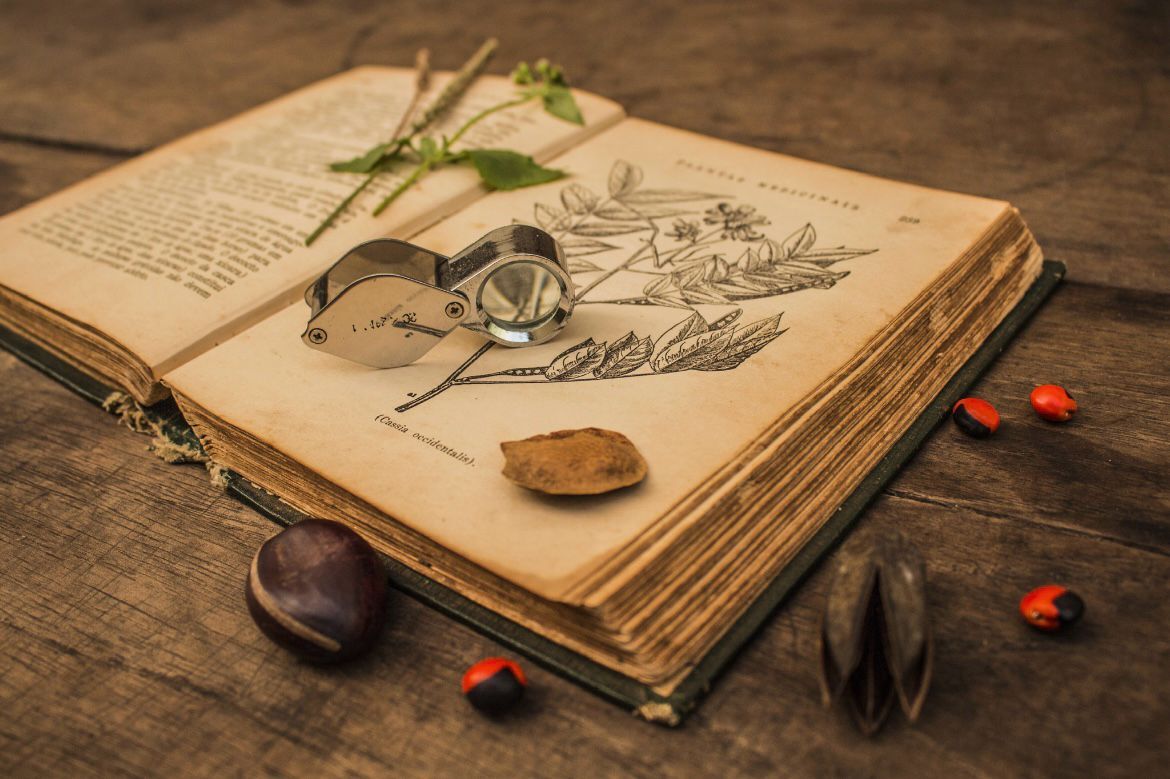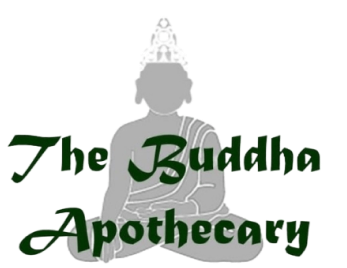Introducing The Buddha Apothecary
The roots of Aromatherapy can be traced back more than 3,500 years before the birth of Christ, to a time when the use of aromatics was first recorded in human history. The history of aromatherapy is inexorably linked to the development of aromatic medicine, which in the early days was itself combined with religion, mysticism and magic. This was a time when the ancient Egyptians first burned incense made from aromatic woods, herbs and spices in honour of their gods. They believed that as the smoke rose to the heavens, it would carry their prayers and wishes directly to the deities. Eventually, the development of aromatics as medicines would create the foundations that aromatherapy was built upon.
The richness of the Egyptian botanical pharmacopoeia had already been assimilated by many other cultures during previous millennia; the Assyrians, Babylonians and Hebrews had all borrowed from their vast knowledge of aromatic medicine. As the Egyptian Empire crumbled into decline around 300 BC, Europe became the heart of empirical medicine, where new methods were steadily evolving into a more scientifically based system of healing.
Our Philosophy
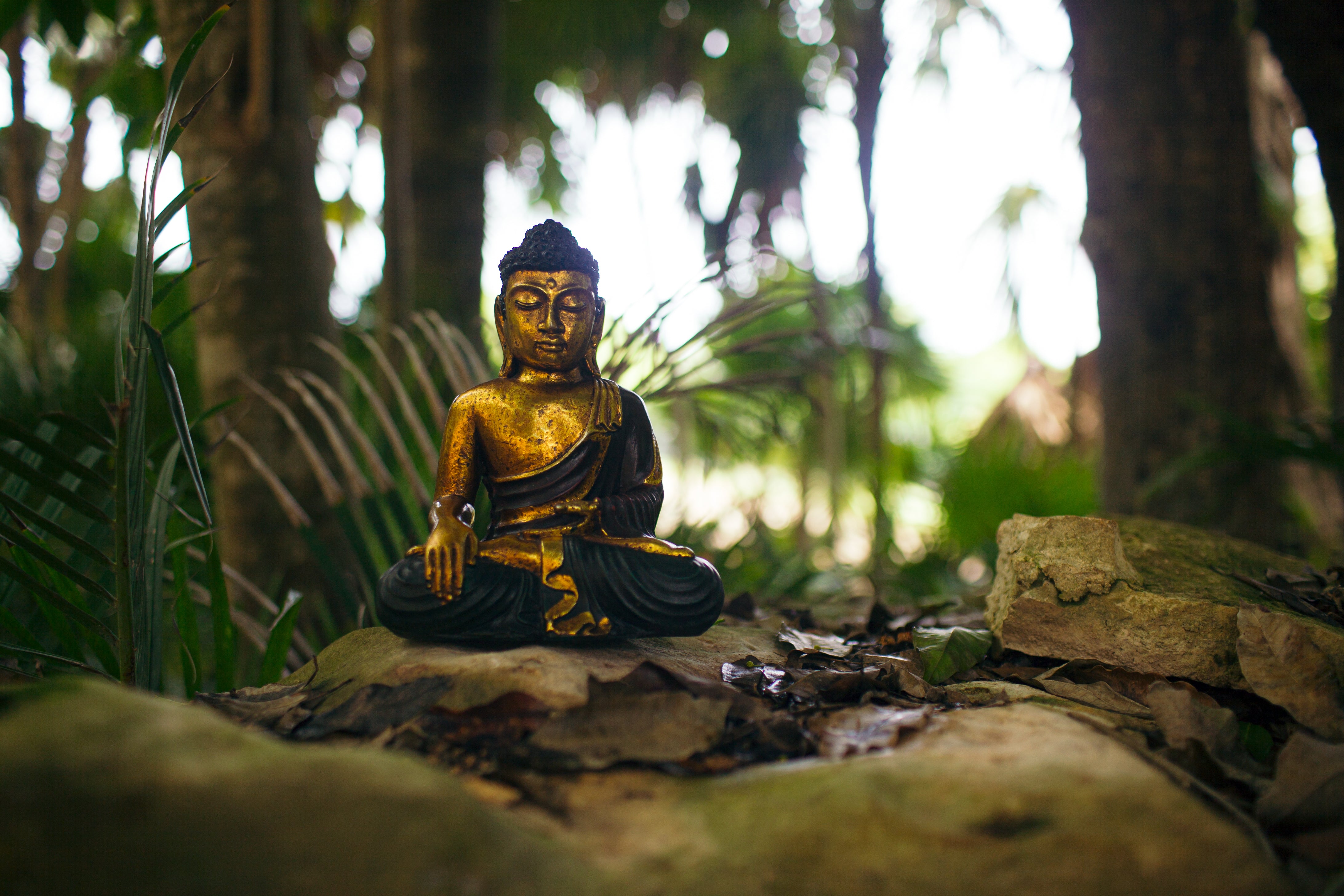
Hippocrates
Hippocrates (circa 460-377 BC) was the first physician to dismiss the Egyptian belief that illness was caused by supernatural forces. Instead, he believed the doctor should try to discover natural explanations for disease by observing the patient carefully, and make a judgment only after consideration of the symptoms. His treatments would typically employ mild physio-therapies, baths, massage with infusions, or the internal use of herbs such as fennel, parsley, hypericum or valerian. Hippocrates is said to have studied and documented over 200 different herbs during his lifetime. He believed that surgery should be used only as a last resort and was among the first to regard the entire body as an organism. Therefore, we have Hippocrates to thank for a concept fundamental to true aromatherapy – that of holism.
After Alexander’s invasion of Egypt in the 3rd century BC, the use of aromatics, herbs and perfumes became much more popular in Greece prompting great interest in all things fragrant. Theophrastus of Athens who was a philosopher and student of Aristotle, investigated everything about plants and even how scents affected the emotions. He wrote several volumes on botany including ‘The History of Plants’, which became one of the three most important botanical science references for centuries to come. He is generally referred to today as the Founder of Botany.
Our Philosophy
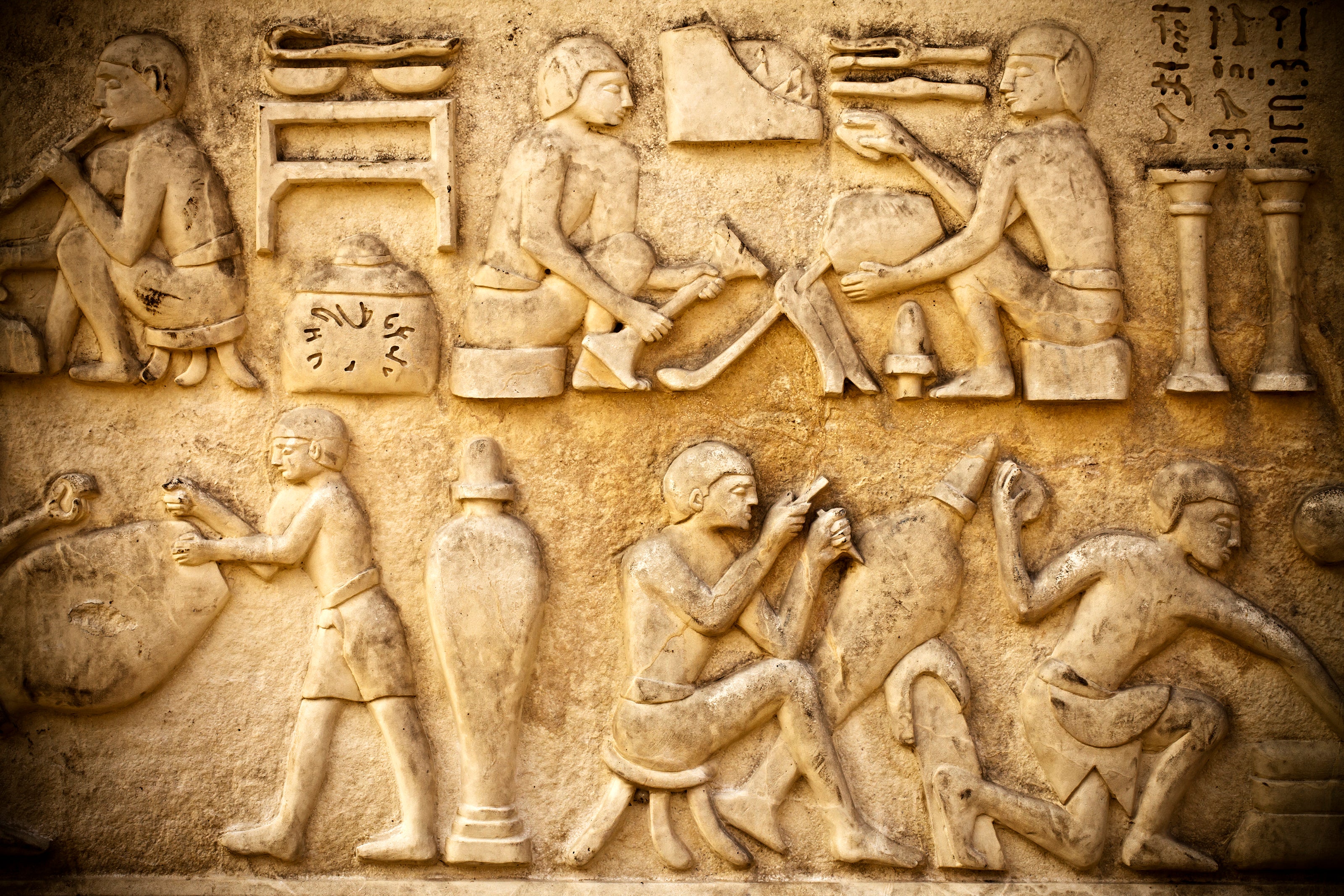
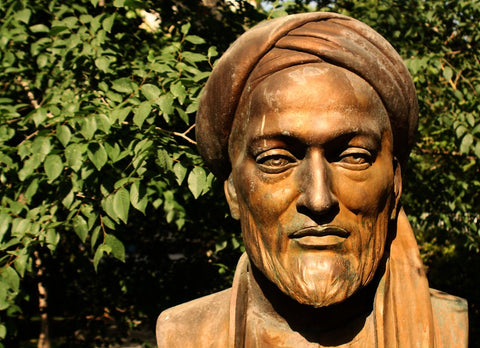
Ibn Sina (980-1037 AD)
Next came Ibn Sina (980-1037), also a Persian, who was probably the most famous and influential of all the great Islamic physicians and known throughout Europe as Avicenna. At the age of 16 he began studying medicine and by 20 he had been appointed a court physician, earning the title ‘Prince of physicians’. He wrote 20 books covering theology, metaphysics, astronomy, philology, philosophy and poetry, and most influentially, 20 books and 100 treatises on medicine. His 14 volume epic ‘ Al-Qanun fi al-Tibb’, which means ‘The Canon of Medicine’ was over one million words long and contained the sum total of all existing medical knowledge. This monumental medical encyclopedia included the Hippocratic and Galenic traditions, describing Syro-Arab and Indo-Persian practice plus notes on his own observations, becoming the definitive medical textbook, teaching guide and reference throughout Western Europe and the Islamic world for over seven hundred years.
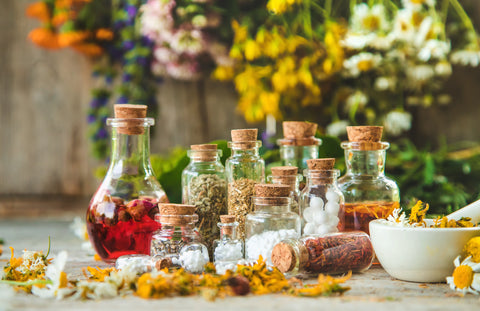
Nicholas Culpeper
Nicholas Culpeper (1616-1654) was one of the most influential herbalists who also introduced the concept of astrological herbalism. In his most famous work, ‘The English Physician’ (1652), Culpeper’s descriptions of herbs, oils and their uses were intermixed with astrology. Other notable herbalists such as Joseph Miller and John Parkinson would also leave a rich botanical legacy, paving the way for later generations to expand upon. The essential oil industries throughout Europe flourished, providing oils for the pharmaceutical, flavour and fragrance industries.
The term ‘aromatherapie’ was coined by a French chemist named René-Maurice Gattefossé (1881-1950) who studied the medicinal properties of essential oils for many years whilst working in his families perfumery business. He had the opportunity to personally test his innovative theories when an explosion in his laboratory caused a severe burn to his hand.
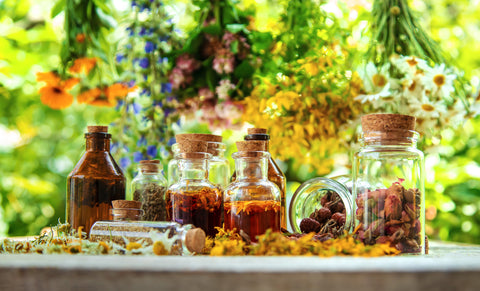
Madame Marguerite Maury
Madame Marguerite Maury (1895-1968) was an Austrian born biochemist who became interested in what was to become aromatherapy, after reading a book written in 1838 by Dr Chabenes called, ‘Les Grandes Possibilités par les Matières Odoriferantes’. This was the man who would later become the teacher of Gattefossé. Her influential book, ‘Le Capital Jeunesse’ was released in France in 1961 but sadly did not initially receive the acclaim that it deserved. In 1964 it was released in Britain under the title of ‘The Secret of Life and Youth’ and has at last been recognised for the great work that it was.
After her death, the work of Maury continued through her protege, Danièle Ryman, who is now herself considered an authority on aromatherapy. The work of Valnet and Gattefossé stimulated and influenced Englishman Robert Tisserand, who in 1977 wrote the very first aromatherapy book in English entitled, ‘The Art of Aromatherapy’. This book became the inspiration and reference for virtually every future author on the subject for almost two decades.
Marguerite Maury, The Secret of life and youth “Odoriferous matter brings the blood its indispensable and sovereign element. Its precious matter seeps into the biological liquids which carry it along and convey it through the whole body, then a true regeneration ensues”
Welcome to The Buddha Apothecary
Where ancient wisdom meets modern wellness. Inspired by timeless traditions of herbal medicine and natural healing, we offer a carefully curated selection of botanical remedies and holistic products to support your mind, body, and spirit.
At The Buddha Apothecary, we believe in the power of nature to restore balance. Our products are crafted with pure, ethically sourced packaging and ingredients, blending herbal extracts to promote relaxation, rejuvenation, and overall well-being, our apothecary provides tailored solutions rooted in holistic health principles.
The holistic apothecary represents a return to nature and intuitive healing, a modern evolution of the traditional apothecary, with a whole approach to health and wellness.
Unlike conventional pharmacies, holistic apothecaries focus on treating the whole person—physically, emotionally, and spiritually—with remedies that nurture wellness from within, The emphasis is on treating the root cause of ailments rather than just symptoms, aligning with principles found in indigenous healing traditions.
Our Philosophy
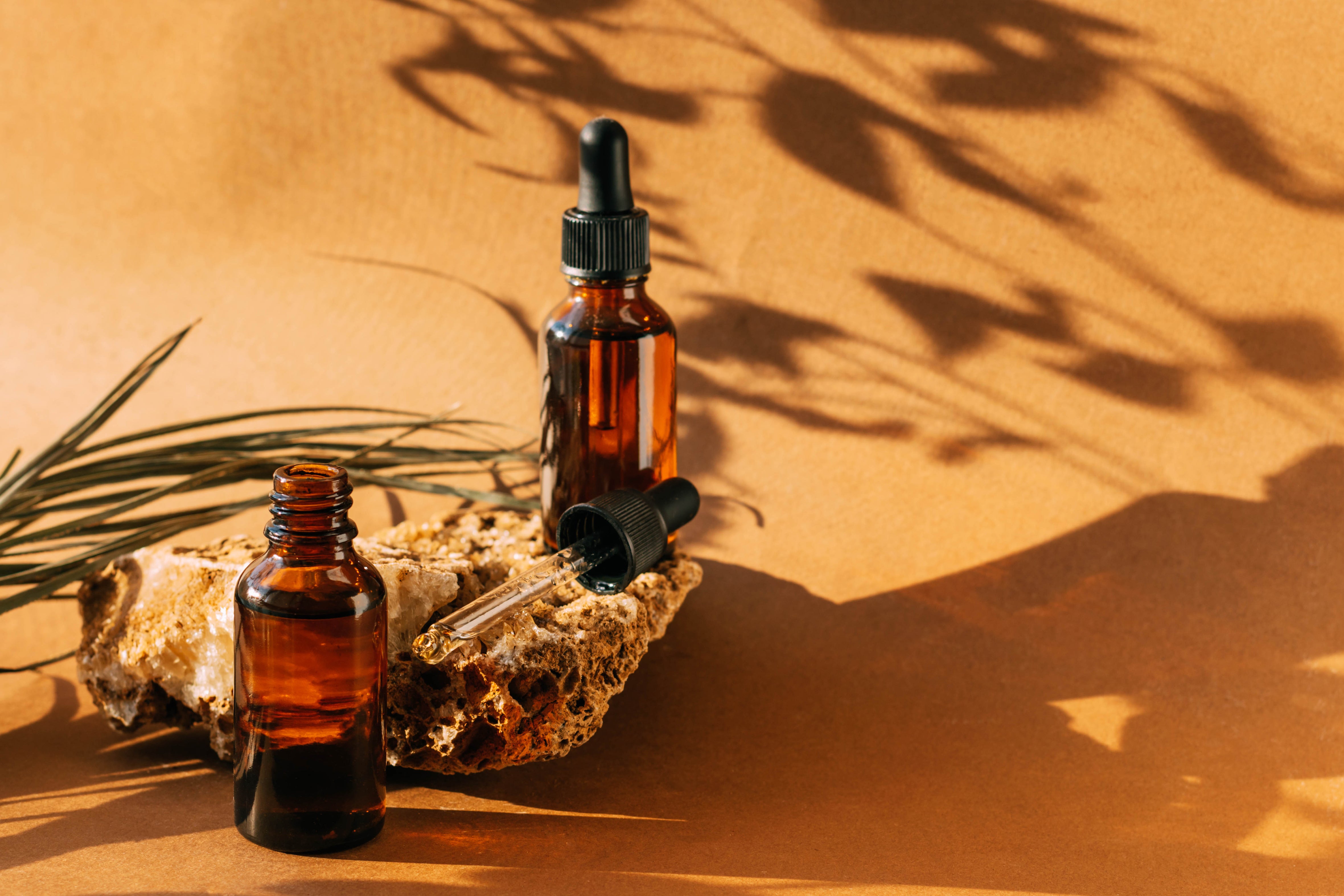
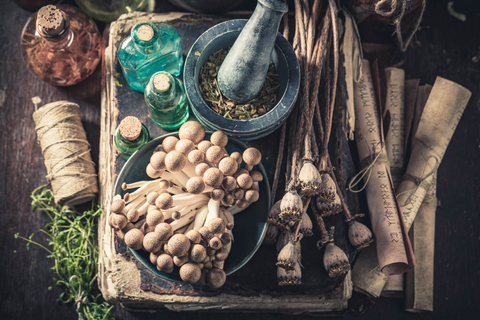
Historical Roots of Holistic Apothecaries
The concept of holistic healing and natural remedies dates back thousands of years. While traditional apothecaries focused on compounding medicinal preparations, holistic apothecaries integrate mind-body-spirit healing philosophies.
Ayurveda (India, 3000 BCE)
Ayurveda teaches that health is achieved through balance between the body, mind, and environment. Ayurvedic practitioners prepared herbal remedies for detoxification, digestion, and spiritual well-being.
Traditional Chinese Medicine (TCM, 3000 BCE)
TCM apothecaries combined acupuncture, Qi energy balancing, and herbal formulations like ginseng, reishi mushrooms, and astragalus to restore harmony within the body.
Egyptian Apothecaries (1500 BCE)
Egyptian healers used botanical medicines, oils, and spiritual practices to treat ailments, as documented in the Ebers Papyrus, one of the earliest medical texts.
Medieval & Renaissance Apothecaries (500 – 1700 CE)
• During the Middle Ages, apothecaries in Europe expanded their knowledge of herbs, flowers, and alchemical healing techniques.
• The Witch Trials (15th–17th centuries) led to the suppression of many herbalists, particularly women, who were seen as “wise healers” using holistic remedies outside the medical establishment.
• In the Renaissance, figures like Paracelsus (1493–1541) reintroduced alchemy and energetic medicine, blending herbal knowledge with spiritual and elemental healing.
19th & 20th Century Decline of Apothecaries
• The rise of industrialized pharmaceuticals in the 19th century led to the decline of traditional apothecaries. Synthetic drugs replaced herbal formulations, and holistic practices were dismissed as “folk medicine.”
• However, the 1960s–1970s holistic health revival reignited interest in natural medicine, as people sought alternative therapies, herbal medicine, and Eastern healing traditions.
The Modern Holistic Apothecary (2000s–Present)
• The 21st century has seen a resurgence of holistic apothecaries, integrating ancient wisdom with modern wellness trends.
• Many holistic practitioners, herbalists, and wellness brands now offer plant-based remedies, adaptogenic herbs, and energy-balancing therapies, aligning with the growing demand for natural, sustainable, and personalized health.
Our Philosophy
